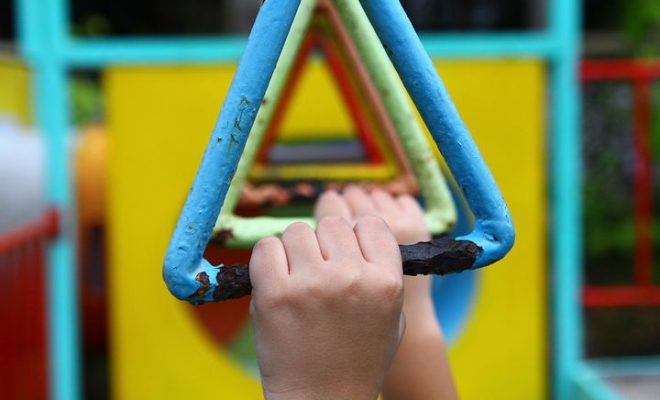How We Learn: Understanding Math Patterns

When most people think of the word pattern, various repetitive wall-paper designs come to mind. What could this have to do with math?
As it turns out, patterns have everything to do with math. Mathematics itself is the study of patterns. These mathematical patterns can include simple repeats, such as the repetitive nature of kitchen linoleum or children’s rhymes. But the term mathematical patterns also refers to number-related patterns. For instance, recognizing that nine is a square number because it contains three groups of three involves mathematical pattern recognition.
Pattern recognition is a fundamental skill
Children participate in pattern recognition from a very early age. Children first begin their journey of pattern awareness by sorting objects. As they grow a bit older, they will begin arranging these sorted objects into repetitive sequences.
As you may have observed, some children naturally gravitate toward pattern recognition and formation while others do not. For instance, you may spot a child arranging colored blocks into a red-green-red-green pattern by picking up both a red and a green block at the same time from the pile next to her. Understanding that the entire pattern as a whole is made up of constituent parts, which themselves can be though of as a whole unit (i.e. a red and a green block together are a whole) is actually a very advanced skill. Children who struggle with pattern recognition and formation may grab a red and a green block separately, or they may be unable to understand that the ABAB pattern of red-green-red-green can be generalized to dog-cat-dog-cat, or that it can be transformed into a more complex pattern such as ABBABB, red-green-green.
Despite what some parents and educators may be led to believe, these skills of pattern recognition are more than just child’s play. These fundamental abilities to recognize and repeat basic patterns at a young age are foundational to the mathematical skills children learn later in life. In fact, research has shown that a strong correlation exists between fundamental pattern recognition skills and ACT scores in the teenage years. Recognizing that a whole pattern is made of constituent parts develops the later mathematical skill of recognizing that numbers are made up of smaller numbers and will add up to the same number regardless of the order in which they are added.
Help children build these fundamental skills
Patterns help children learn sequences and make predictions, skills that are foundational in subjects such as Algebra and Geometry. To help build these foundational skills in children, it is important to promote pattern awareness wherever you go. Patterns can be found in the sidewalk, in the window arrangements on houses, in rhymes and poems, the beat of a song, or even in flowing water. When talking about patterns with children, you can ask them what their pattern is called and ask them to repeat it, or to generalize it. While we may find the teaching of pattern recognition monotonous, children enjoy searching for patterns. Giving them various leaves and sticks, or even various words and numbers, to arrange into patterns will help substantially in developing these fundamental skills.
The importance of pattern awareness in early childhood cannot be underestimated. Teaching children to recognize and manipulate patterns found in the world around them can provide a lasting foundation for mathematical success. Why not spend a few minutes per day helping your child see the world in new ways? They’ll thank you for it years down the road.






